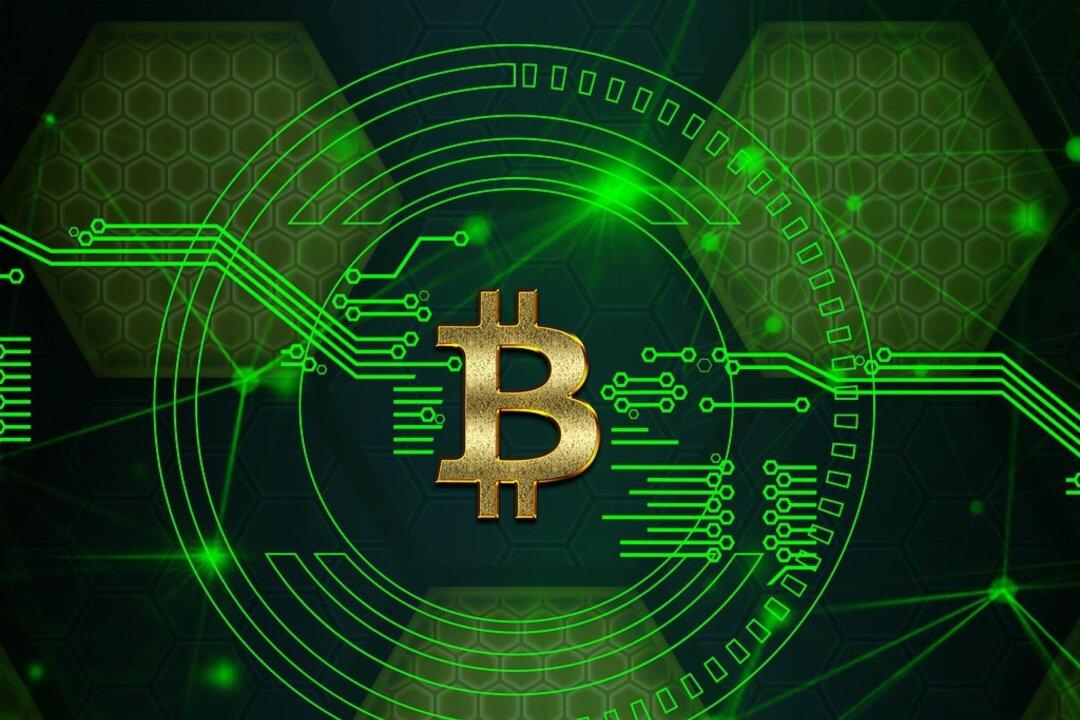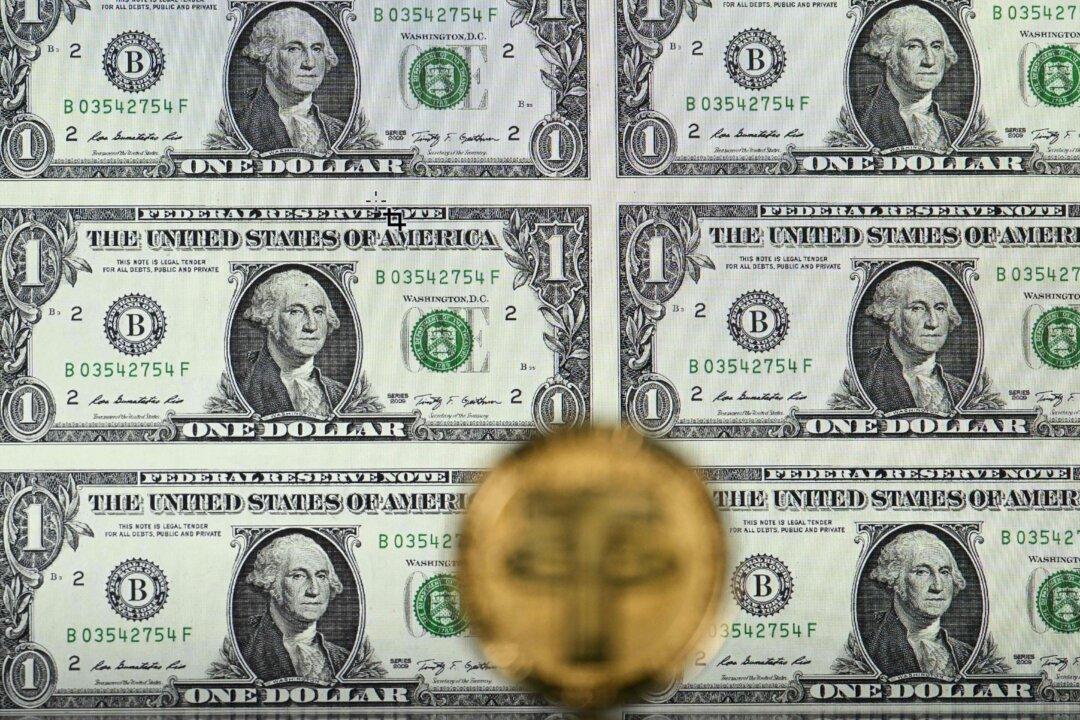Today there are almost 10K tokens circulating in the crypto space, according to CoinMarketCap. How to choose the tokens to invest in among this myriad of options.
In this article, you will find some advice on how to minimize the risks of losing assets when investing in crypto. It is not about how to make 10X in a few days/weeks, it’s about how to make sure your assets do not appear in the hands of malicious actors.






